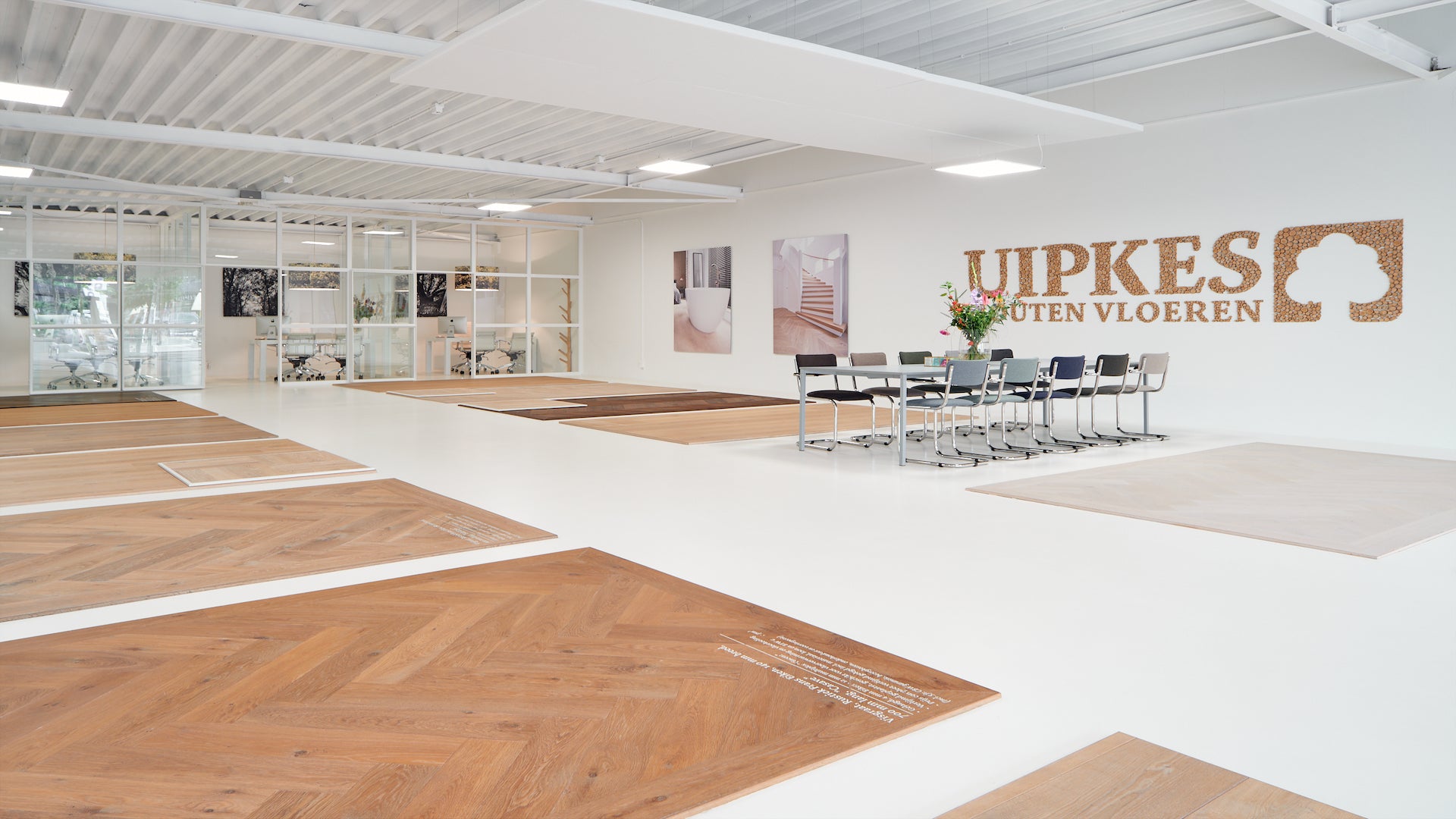Biomassaketels
Biomass boilers offer an alternative, more sustainable way to heat your home using organic materials such as wood pellets or wood chips. Learn more about the functionality of these boilers and how they can play a role in a more environmentally friendly household.
Bezoek de showroom
The emergence
Biomass boilers were developed as a more sustainable alternative to fossil fuels and have their roots in traditional wood-fired ovens. However, technology has come a long way and today's biomass boilers can burn a variety of biofuels, including wood chips, wood pellets and even specific crops.
Operation
Biomass boilers work by burning organic material to produce heat. This heat is then used to heat water that can be used for central heating and hot water in a home.
- Fuel: The most common fuels are wood pellets, wood chips and wood logs.
- Combustion chamber: This is where the fuel is burned, which produces heat.
- Heat exchanger: The heat produced is transferred to the water.
- Storage: Many systems have a storage buffer, so that there is a continuous supply of hot water.
Magazine Vol inspiratie
Characteristics
- Efficiency: Modern biomass boilers have a high efficiency, often more than 90%.
- Versatility: They can use a range of biofuels.
- Automation: Many models offer automated power and ignition.
- Storage: Storage space is required for the biofuel.
SWOT Analysis
STRENGTHS (STRENGTHS)
- Sustainable, can use locally produced fuel, possibility of CO2 neutral operation.
WEAKNESSESS
- Requires storage space, higher initial costs compared to traditional systems, regular maintenance required.
OPPORTUNITIES (OPPORTUNITIES)
- Rising fossil fuel prices could increase demand for biomass boilers, government incentives for renewable energy.
THREATS
- Potential negative environmental impact of mismanaged biomass resources, competition from other renewable technologies.
Bezoek de showroom
Influence on the environment
When biomass boilers use wood from sustainably managed forests or waste biomass, they can be considered CO2 neutral. However, if the biomass is not sustainably sourced, the environmental impacts can be negative.
Usage costs
Initial installation costs are often higher than traditional systems, but operating costs can be lower depending on the price of biofuel versus fossil fuels in the area.
Apply with underfloor heating and wooden floors
Biomass boilers are compatible with underfloor heating systems. When installing this underfloor heating under a wooden floor However, insulation and the specific requirements of the wood must be taken into account to avoid overheating and deformation.
Showrooms
-

Alphen a/d Rijn
Euromarkt 113
-

Amsterdam
Roelof Hartstraat 4
Frequently Asked Questions
Is biomass really CO2 neutral?
In theory, yes, because plants absorb CO2 as they grow and emit the same amount when they are burned. However, this depends on how the biomass is obtained and processed.
How much storage space do I need for biofuel?
This varies based on boiler model and consumption, but storage can be significant, especially for larger homes or buildings.
Are subsidies available for biomass boilers?
This varies by region, but many governments offer incentives for renewable heating technologies.
How often should I maintain my biomass boiler?
Regular maintenance is recommended, usually annually, to maintain efficiency and extend life.
Can I use any type of biofuel in my boiler?
Although many biomass boilers are versatile, it is best to follow the manufacturer's specifications to ensure the correct fuel type.

